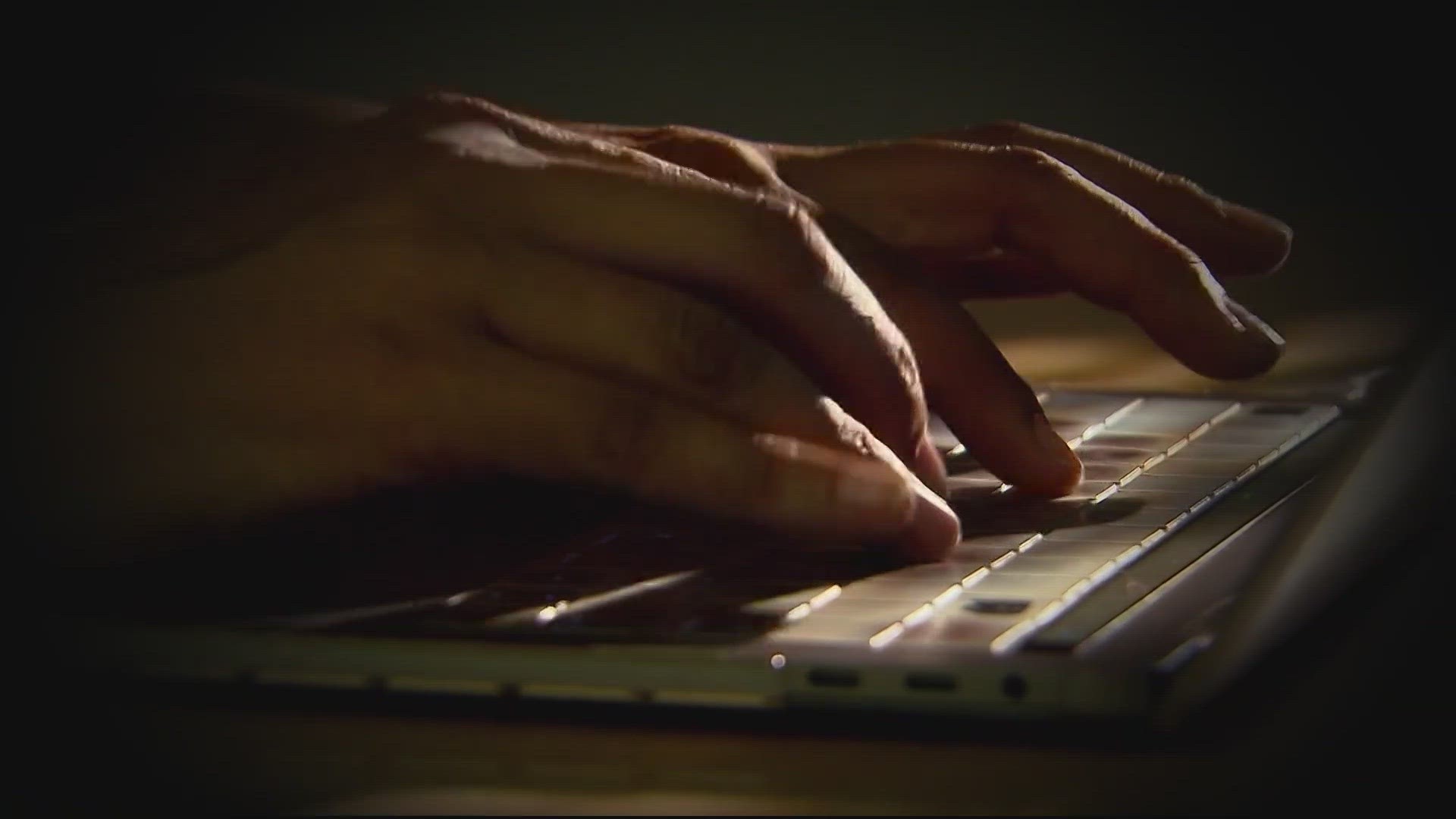WASHINGTON, D.C., USA — Some DMV residents may be victims of a hacking spree that hit federal agencies and other large organizations.
Johns Hopkins Health System was one of them.
QUESTION:
What do we know about the cyberattack that impacted Johns Hopkins Health System?
SOURCES:
WHAT WE FOUND:
Johns Hopkins University reports that both the university and its affiliated health system were victimized by hackers.
According to the Cybersecurity & Infrastructure Security Agency (CISA), part of the U.S. Department of Homeland Security, a group of hackers known as CL0P launched a cyberattack against a large number of federal agencies and organizations by exploiting weaknesses in MOVEit Transfer, a common file transfer platform.
Johns Hopkins said the attack on its health system potentially includes all its hospitals and clinics, including its flagship hospital in Baltimore, Sibley Memorial Hospital in Washington D.C., and Suburban Hospital in Bethesda, Maryland.
Johns Hopkins says it does not know yet everything that was stolen or how many people are affected, but the hackers may have gotten ahold of personal and financial information from students, faculty, and patients.
It plans to reach out to everyone impacted as soon as it has the full picture of the impact, and pledges to offer free credit monitoring services to potential victims.
QUESTION:
What can potential victims do to protect their identity?
SOURCES:
WHAT WE FOUND:
If you are worried you might be a victim, the Federal Trade Commission (FTC) offers several tips.
It recommends you check your bank account often to make sure there are no fraudulent charges.
You can change your passwords and make sure you turn on two-factor authentication when possible for an extra layer of security.
The FTC also suggests you consider activating a fraud alert freezing your credit with the three major credit bureaus. A credit freeze blocks anyone from getting a bank account or credit card in your name, but lets you continue using existing accounts and cards.
Equifax, Experian, and TransUnion, the three main credit bureaus, all let customers freeze and unfreeze their credit for free.

